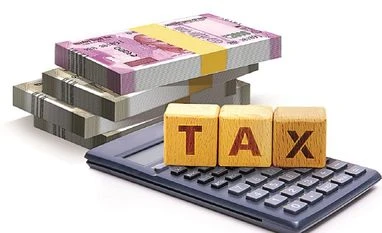Use of multiple PAN cards for weddings, IVF under scrutiny of I-T officials
Transactions need greater scrutiny as the board has noticed rampant circumvention, according to CBDT's plan
)
High-value transactions to come under greater scrutiny (Representational)
Listen to This Article
According to tax experts and industry insiders, high-value consumption expenditure in segments such as hotels, luxury retail, banquets, and designer brands is likely to be brought under greater scrutiny, The Economic Times (ET) reported on Tuesday.
Sellers must report the sale and purchase of goods or services exceeding Rs 2 lakh in cash on form SFT-013, sources told ET citing the central action plan of the Central Board of Direct Taxes for fiscal 2023-24. Transactions need greater scrutiny as the board has noticed rampant circumvention of this provision, according to the document.
High-value consumption expenditure has to be verified with the information about the taxpayer and it is crucial to identify the sources which could be involved in possible bypassing, such as hotels, luxury brand retailers banquets, IVF clinics, and designer clothing stores, according to the document .“Such sources will have to be identified and a verification exercise could be conducted by calling for information in a non-intrusive manner," the document states.
Rahul Garg, managing partner of Asire Consulting was quoted as saying that the Centre is attempting to widen the taxpayer base by tapping the sectors that saw unprecedented growth and profits after the Covid-19 situation on account of heavy spending (termed widely as revenge spending) as a one-time opportunity. Individual customers will have to be more cautious in their tax filings and these sectors would need to be prepared for greater scrutiny, he added.
A hotelier was quoted as saying that scrutiny has already gone up on hotels and banquets in the past year and is likely to grow further. Weddings and social events where PAN (permanent account number) details are split between families on high-value transactions will be affected by the move, he added.
Amit Maheshwari, managing partner of Ashok Maheshwary & Co, stated that the difference between the reported incomes and the said expenditures incurred by the taxpayer can be easily detected, by looking at the various data sources concerning high-value expenditure. It is a “pragmatic and smart” move by the tax authorities.
More From This Section
Don't miss the most important news and views of the day. Get them on our Telegram channel
First Published: Jul 25 2023 | 12:28 PM IST


